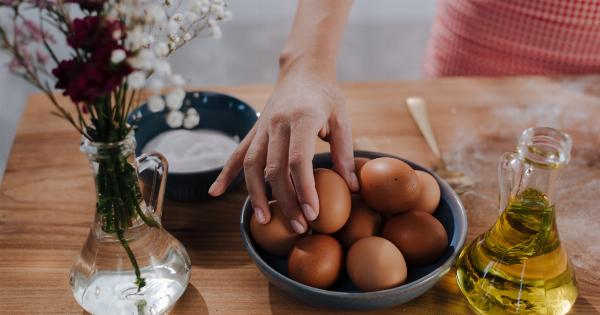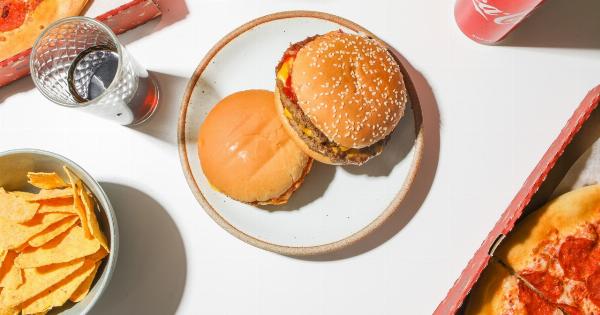Having a bright and shiny smile makes a great difference not just in one’s self-confidence, but also in how others perceive them.
Unfortunately, not everyone has naturally white teeth, and some factors such as age, genetics, and lifestyle choices like smoking and drinking coffee can contribute to stained or discolored teeth. While there are many commercial products that promise to whiten teeth, these can be costly and may cause sensitivity or damage to the teeth and gums.
Thankfully, there are natural methods for whitening teeth at home that are safer, cheaper, and effective. These methods utilize natural ingredients that you may already have in your kitchen or that can be easily purchased from health stores.
Here are ten natural methods for whitening teeth at home:.
Oil Pulling
Oil pulling is an ancient practice that involves swishing oil in the mouth for several minutes to remove bacteria and toxins. Coconut oil is the most popular oil used for oil pulling because of its antibacterial properties and pleasant taste.
Simply put a tablespoon of coconut oil in your mouth, swish it around for 15-20 minutes, spit it out, and rinse your mouth with water. Do this daily in the morning before brushing your teeth. Oil pulling not only whiten teeth, but also improves overall oral health.
Baking Soda
Baking soda is a mild abrasive that can remove surface stains on teeth. Make a paste by mixing one tablespoon of baking soda with two tablespoons of water. Brush your teeth with the paste for two minutes, then rinse your mouth well.
Be careful not to use baking soda too frequently as it can erode tooth enamel over time.
Apple Cider Vinegar
Apple cider vinegar has antibacterial and whitening properties that can help remove stains on teeth. However, due to its acidic nature, it should be used sparingly and not left on the teeth for too long as it can damage the enamel.
Dilute one part apple cider vinegar with two parts water, swish it around in your mouth for a few minutes, then spit it out and rinse your mouth with water.
Fruits
Some fruits such as strawberries, pineapple, and papaya contain enzymes that can whiten teeth and remove stains. Simply rub a slice of fruit onto your teeth and leave it on for a few minutes before rinsing your mouth with water.
Alternatively, mash up a few fruits into a paste, apply it on your teeth, and leave it on for up to five minutes before rinsing.
Activated Charcoal
Activated charcoal is a highly absorbent substance that can remove toxins and surface stains from teeth. Mix a teaspoon of activated charcoal with water to make a paste, then brush your teeth with it for two minutes before rinsing well.
Be careful not to get activated charcoal on your clothes or sink as it can stain.
Hydrogen Peroxide
Hydrogen peroxide is a common ingredient in whitening toothpaste and can also be used on its own as a mouthwash.
Mix equal parts hydrogen peroxide and water, swish it around in your mouth for a few minutes, then spit it out and rinse your mouth with water. Be careful not to swallow hydrogen peroxide as it can be harmful.
Orange or Lemon Peel
Orange and lemon peels are rich in vitamin C and acids that can whiten teeth and remove stains. Rub the inside of an orange or lemon peel on your teeth for a few minutes, then rinse your mouth with water.
Be careful not to leave the peel on your teeth for too long as it can damage the enamel.
Dental Flossing
Dental flossing can remove plaque and tartar build-up that can cause teeth discoloration and bad breath. Using dental floss daily can help prevent stains and maintain healthy gums. Floss at least once a day, preferably before brushing your teeth.
Brushing and Rinsing
Brushing and rinsing with water after eating or drinking foods and drinks that can stain teeth like coffee, tea, and soda can help prevent surface stains.
It’s also important to brush your teeth twice a day with fluoride toothpaste and to rinse your mouth after brushing.
Proper Diet and Hydration
Eating a healthy diet that’s low in sugar and processed foods can help prevent cavities and gum disease that can cause teeth discoloration. Drinking plenty of water can also help rinse away debris and prevent stains.





























